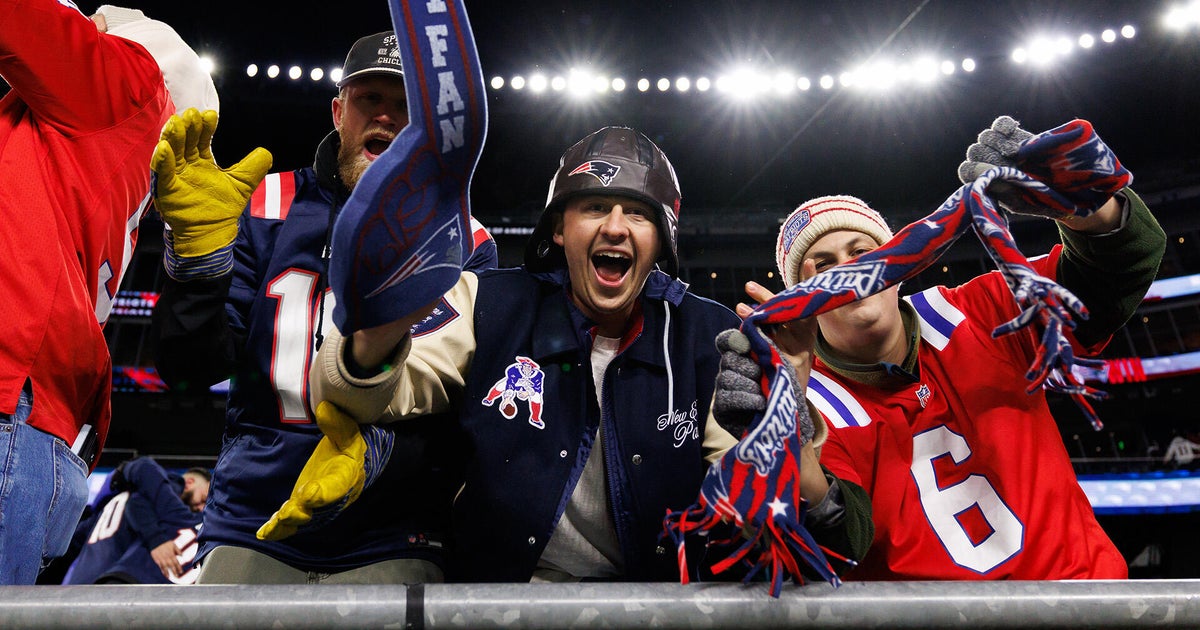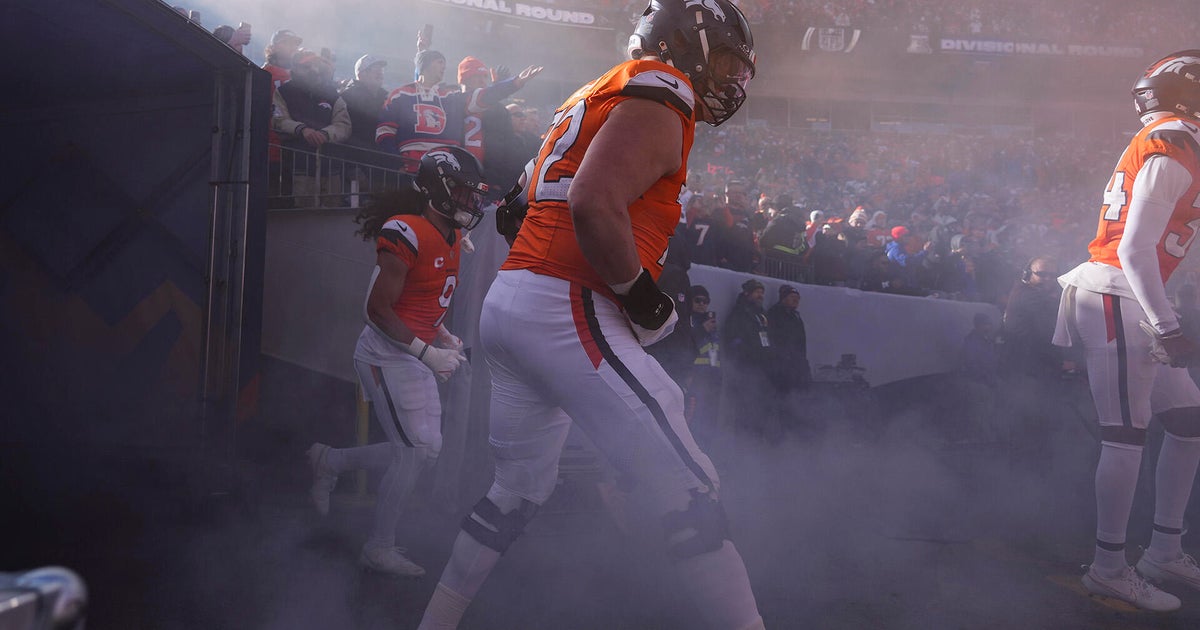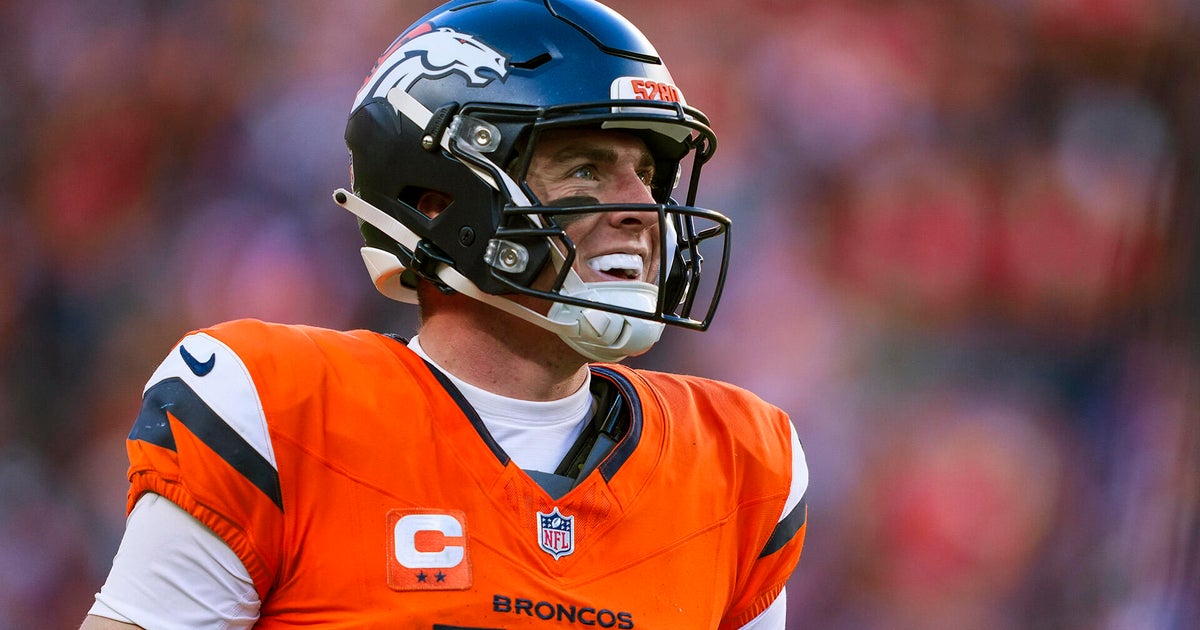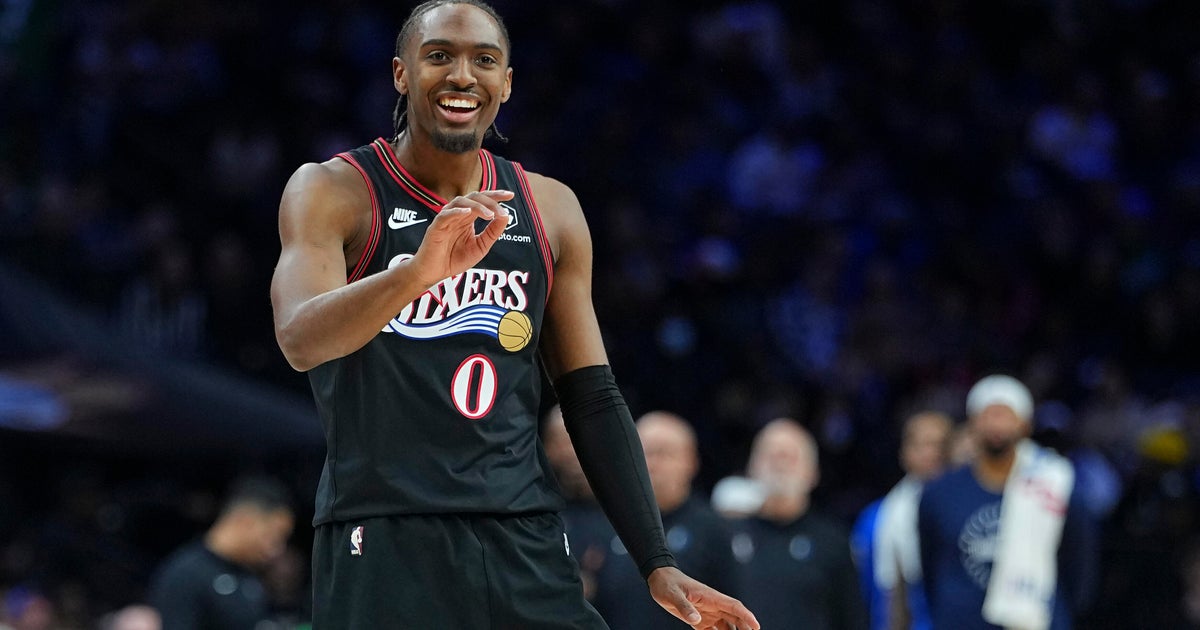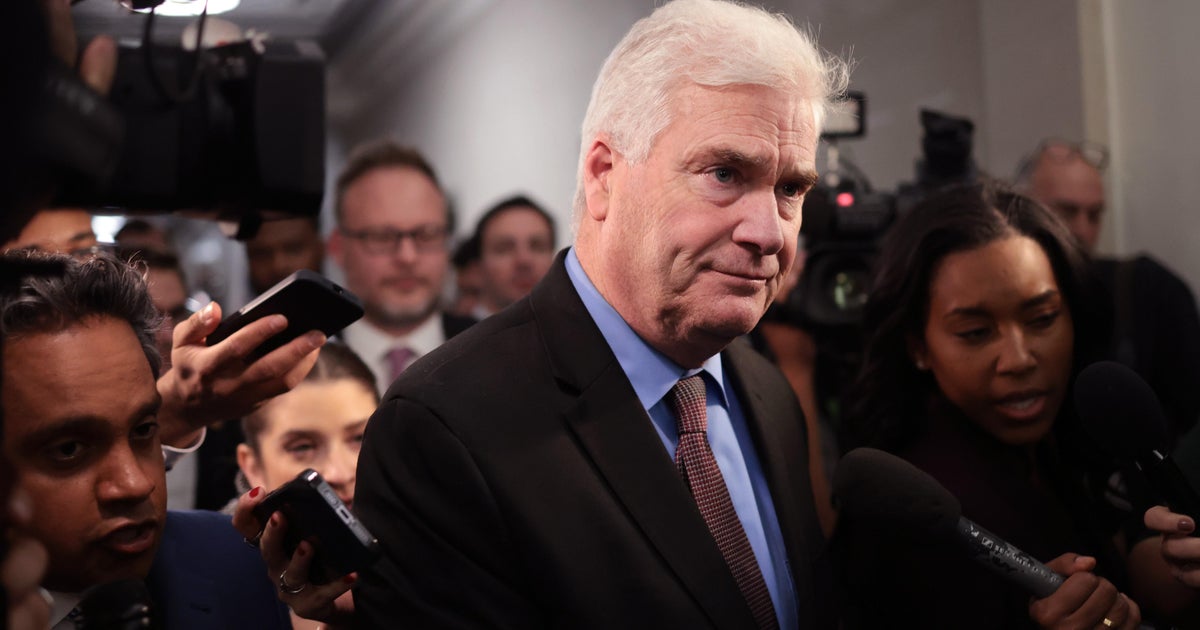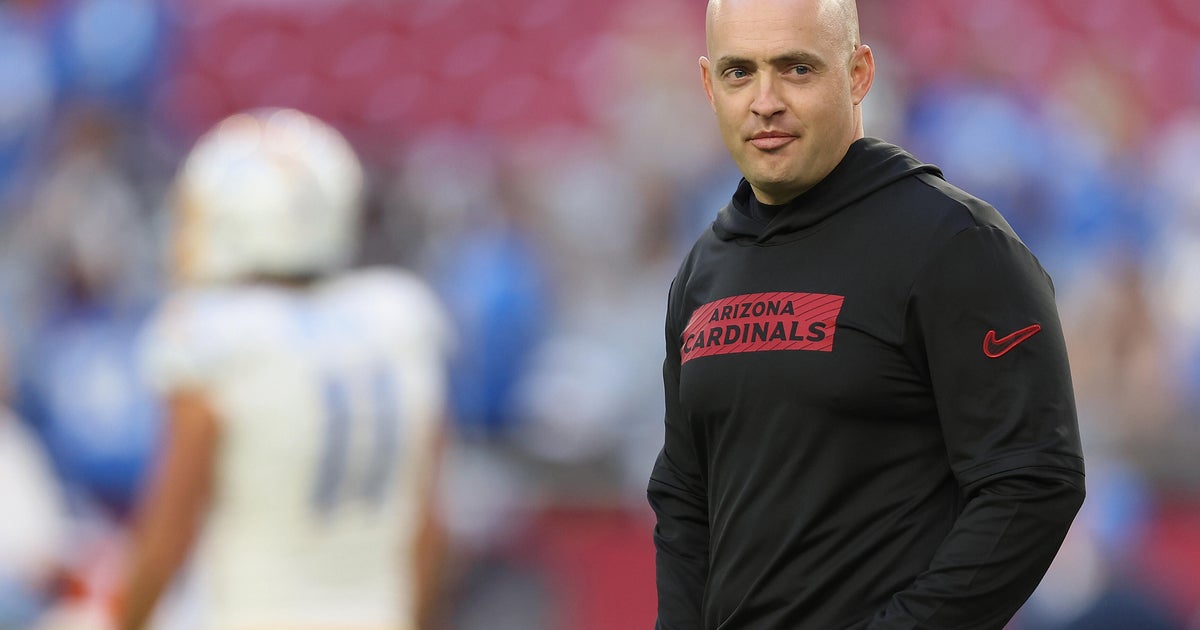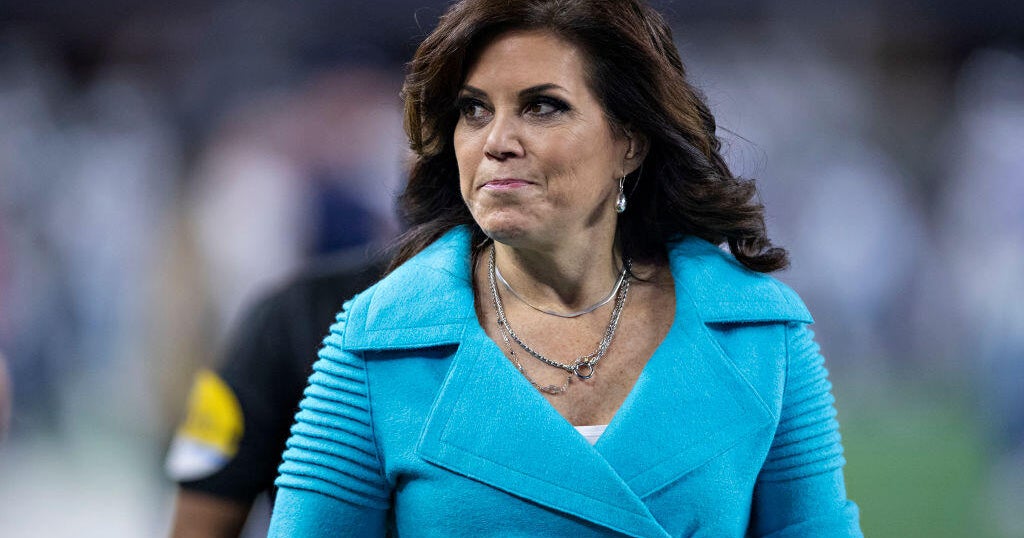How Different Would Tom Brady's Outlook Be If Malcolm Butler Had Just Played In The Super Bowl?
By Michael Hurley, CBS Boston
BOSTON (CBS) -- It says a lot about Tom Brady's stature and status that his humdrum sitdown interview with Oprah Winfrey can become the No. 1 sports story in Boston for multiple days. Each word, every pause, all of his body language -- it's being broken down as if our national security is at risk.
In reality, it's just the latest case of Brady selling his TB12 lifestyle to an entirely new audience and demographic, one that previously knew very little about Brady. (Winfrey stood aghast upon the mere mention that Brady was selected with the 199th pick in the draft. Can you believe it?!)
Still, that's not to say there weren't some interesting comments from the most important player in Patriots history as he enters his age 41 season in a grueling and demanding physical sport. Specifically, his comments about seeing the finish line in his career have everyone worried that the end may come a lot sooner than the "45 or bust" mantra which Brady has espoused for some time now.
That's all fair and valid, but really, you can't help but wonder just how different everything about Brady and the Patriots would have been this offseason if Bill Belichick had just used his second-best cornerback in the Super Bowl.
I know, I know -- I know! It's June. Nobody wants to talk about Malcolm Butler in the Super Bowl. Most everyone in the region has heard everything there is to hear about Malcolm Butler spending the entirety (save for one punt!) on the sideline as Nick Foles and the Eagles -- NICK FOLES AND THE EAGLES -- shredded the New England defense for the better part of four hours on a frigid Minnesota Sunday.
But given some of Brady's comments to Oprah, you have to re-examine that baffling decision by Belichick and then consider what kind of difference he could have made had he just used Butler like normal in the biggest game of the year.
Consider this, from Brady, when asked by Oprah how long the joy can stay with you after winning a Super Bowl.
"If you win the Super Bowl, months. It goes on and on and on and on," Brady said. "And you really just feel good until you really are into the next season, in some ways, because you're celebrating. Yeah, long time."
And some more details on what it's like to win, from Brady: "It's just complete joy in the present. You've got everyone there, all your loved ones, family, friends, and you're just on top of the world. ... I never feel like I win. I feel like we win. And that's why I chose a team sport. We couldn't do it if we didn't have each other. We couldn't do it if we didn't have the support of everyone else. So the winning for me comes in the joy of experiencing it with other people."
As for the greatest part of winning, Brady didn't say it's the personal glory or setting records of furthering his own Hall of Fame case. He said it's all about celebrating with teammates.
"For me it takes a little time to let it all settle in, because you're digesting a lot, a lot of emotions," Brady said. "It takes a couple of weeks, and after a couple of weeks, you settle back into your life. And then once you get the Super Bowl ring, then you have a chance to just ... I mean, those celebrations with your teammates. Because it's about the relationships that I have. That's what has been the greatest thing, to meet so many guys, to have so many connections with so many people that you care deeply about, because you commit to one another. And that's what you have for the rest of your life."
Now, on the flip side, Brady got into detail about what it's like to lose a Super Bowl. He said he falls into a full-on depression.
"This year it was probably two or three weeks," Brady said, contrasting it with his month of sadness after the Super Bowl XLII loss in February 2008. "Not as bad, not as bad. You're just a little down, you're a little depressed. You wish the outcome were different. I think what you think about is, like I said, it'd be like climbing a mountain. That's what I guess the correlation is. You start at this place and you work so hard, as the season goes it just gets tougher because you get higher on the mountain and more people are falling off. It's such a physical sport. And imagine getting 15 feet from the top of the mountain and [crashing noise]. You tumble all the way back down with nothing to show for it."
Nothing to show for it. Harsh.
And then, in what was the most enlightening comment, Brady went a little bit deeper on his "what are we doing this for?" reflection that came at the end of his docu-series, "Tom Vs. Time." Here's how the discussion with Oprah went:
Winfrey: I remember -- did I read it in the book or did I see it in the doc -- that many times, often when you lose a game, it feels like you're losing the pursuit of what your life is. Explain that to me. I thought it was interesting. Because it's not just a game to you. It's the pursuit of what your life is.
Brady: Well ... I put a lot into it. I put a lot into it. When I've got decisions in the course of the day, a lot of my mind always says, how is it going to help my career? So when you fail in your career, you look at all those decisions in your life and you go, 'Is it worth it? Is it worth it to miss things with your family? Is it worth it to be as disciplined as I am with my diet? Why don't I just give a [crap] less?' But I don't think that's my personality, because I do really care. When I look at my teammates, I want them to know that I care.
The comment is pretty straightforward: For close to 365 days a year, Tom Brady dedicates every aspect of his life to his career. From what he eats, to how he spends his time, to what family events he misses out on, and so on and so forth. His life is winning.
So, to make it to the Super Bowl and lose is, naturally, devastating. To make it to the Super Bowl and lose when the second-best cornerback is reduced to a spectator? It can't feel good.
And while it would be a leap to say that Brady is still stewing at Belichick over that decision, we can reasonably surmise that the result of that decision has robbed Brady of the powerful and long-lasting joy that accompanies a Super Bowl victory.
You just have to wonder. If Belichick came to his senses at halftime and asked Butler to play instead of, say, Johnson Bademosi, then Nelson Agholor probably doesn't convert a third-and-6 for a 17-yard gain, and maybe the Eagles punt on their opening possession of the second half, and maybe the Patriots actually win the football game. That's literally the only impact Butler would have had to make to change the outcome of the game: one third-down stop. The guy who played 1,178 of the Patriots' 1,201 defensive snaps from September through January might have been able to do a better job than Bademosi and Jordan Richards -- two players who were inexplicably thrust into significant roles in the Super Bowl.
And if Butler had been given the opportunity to do that, maybe Brady would have spent the past six months sounding like the guy who was riding that Super Bowl high one year ago. Last year, Brady was reinvigorated. Coming off the best season ever for a 39-year-old, he was champing at the bit to put together the best ever season for a 40-year-old. He was flat-out bragging (by Brady standards) that he had "the answers to the test," that no defense can confuse him, that he didn't even want to think about retiring, that he never wants to play for another coach. Now? The most dedicated Patriot in history skipped all of the optional workouts and practices, discussed seeing the finish line to his career, and pleads the fifth or throws in planned pregnant pauses when asked about his relationship with Belichick. It's a complete 180.
The man now just sounds ... depressed. The man who pours every bit of his energy into winning ended up throwing for a Super Bowl-record 505 yards but still lost the game. Just like Super Bowl XLII, he might never get over it. The fallout in the months that have passed have seen Brady being distinctly un-Brady-like for quite some time.
And given all the insight he's shared into the complete and utter joy of winning it all compared to the despair and emptiness that comes from losing, you really can't help but conclude that the tenor of this whole offseason would have been completely different if that final scoreboard in February read differently.
You can email Michael Hurley or find him on Twitter @michaelFhurley.

